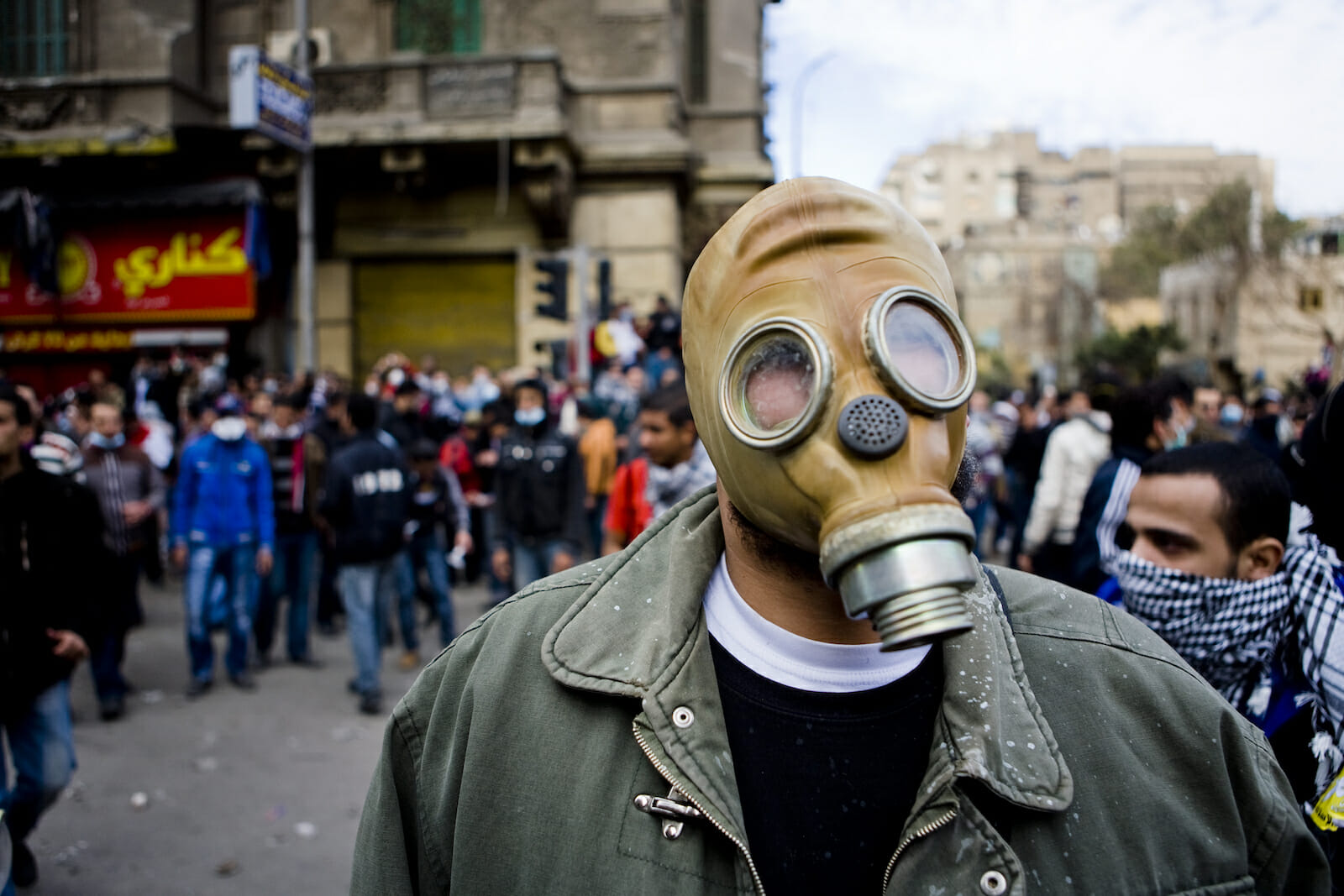
Politics and Islam in Central Asia and MENA
Following the democratization of predominantly Muslim countries in Central Asia and MENA, there are many challenges still yet to be met. For the overall development of the region to progress and to assure alternatives to the autocratic governments that dominate these two regions, more will need to be done by the West and international institutions. Following the Six-Day War in 1967, there was a movement towards radical Islam. Since that time, radical politicized Islam has become an alarming trend that adversely affects the development of MENA and Central Asia, and also adversely affects its people and their economies. Anti-Western ideologies do not promote democracy and they adversely affect opportunities to provide economic growth.
A major component of radical Islamist groups are the traditionalists, who have their own interpretation of Islamic traditions, which has led to conflicts with non-Islamic governments. Jeffrey Haynes writes, “Some propose (and/or practice) armed struggle to wrest power from governments that are seen to be ruling in an un‐Islamic way…However, despite differences in strategy and tactics, such entities have two beliefs in common: (1) politics and religion are inseparable; and (2) Sharia law should ideally be applied to all Muslims.”
If a national government deviates from this doctrine, an armed struggle is a necessary result, traditionalists would argue. Secular movements in the 1970s were developed to form governments separate from the pillars and ideologies of Islam. However, these secular governments were seen as deviations from Islam and puppets to Western governments. The problem for the West in combating Islamists is to do so without destroying the religious foundations on which a majority of its followers in MENA and Central Asia believe. The battle itself lies not only on the military field but also on the political stage.
The West must demonstrate to a majority of the followers of Islam that they can operate under the umbrella of democracy without sacrificing any of their core religious beliefs. The first step in this process is to convince the citizens and the ruling regimes that reforms are the most effective way to begin the process of economic and social developments.
Because of Western dependence on energy resources from the Middle East and Central Asia, economic interactions need to ensure that some of the foreign direct investments flowing from Western and now Eastern powers, such as China, must be invested in projects that develop a social and economic middle class, which will inevitably power democratic movements. Besides Israel and Turkey, no other country in the Greater Middle East (GME) or Central Asia actively promotes a democratic society. The lack of development in MENA and Central Asian civil society groups reflects the philosophy of the leaders in these regions.
“Reinvigorated agency—the deliberate efforts of leaders and other actors within the state—often transpires within the established and by now entrenched institutional patterns, thus often resulting in measured institutional tinkering rather than wholesale replacement. If successful, the outcome is the prolonging of authoritarian rule,” Mehran Kamrava observed in Middle Eastern Studies in 2010. The simple goal of retaining power for personal gain is the goal for many autocratic regimes.
Will the Arab Spring revolts in several North African and Middle East states lead to democratization and greater development of social and economic growth? Patience and time will allow for the smooth transition to democracy if the process becomes rushed, then the path will be set for another, equally oppressive leader to take the reins and restart the process all over again. This is a daunting task in which many challenges and adaptations must be taken to ensure success.
The political unrest in the Greater Middle East, including North Africa, specifically the successful revolts in Tunisia, Egypt, and Libya, have set the stage for a transition from underdeveloped, oppressive and corrupt authoritarian regimes, to democratic governments that are held accountable by their citizens.
Ralph S. Clem writes, “Informed commentary points to several causal factors underlying this turmoil, including a relatively large and restive youthful population facing a dearth of employment opportunities in the midst of national economic growth (creating some degree of rising, yet unfulfilled expectations); a rapacious elite that has enriched itself through widespread corruption; and secular and authoritarian governments in overwhelmingly Muslim countries that employ police-state methods to suppress dissent and/or political opposition, in particular those thought to be or that are in fact ‘fundamentalist’ Muslim movements.” Failures to pursue political and institutional development will allow for conditions to be ripe for another Arab Spring further down the road.

